
Personal Branding Guide 2025: How to Build a Powerful Professional Identity Online
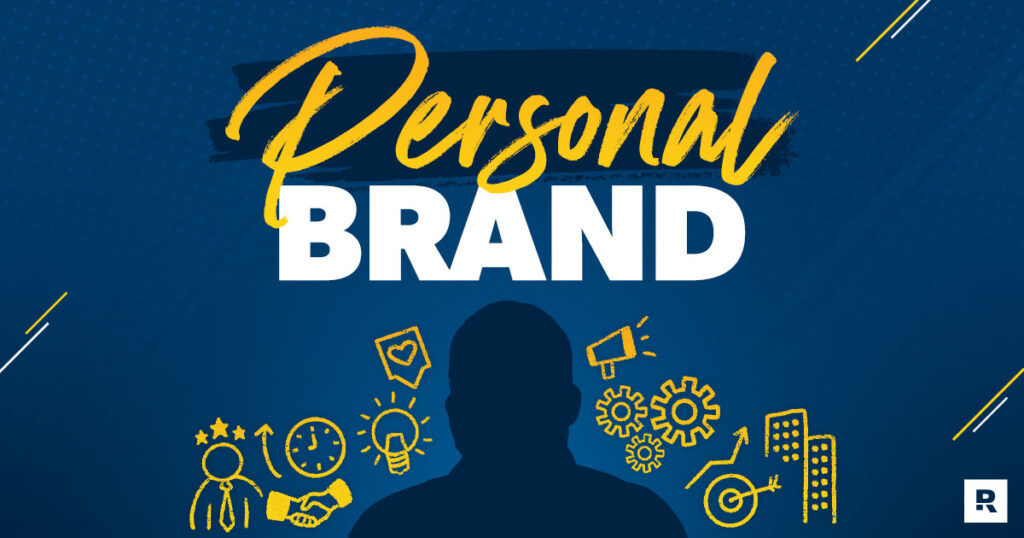
Personal branding has evolved from a buzzword into an essential career strategy. In today’s interconnected world, your personal brand is the unique combination of skills, experiences, and personality traits that define you professionally. It’s how you present yourself to the world and, more importantly, how the world perceives you.
Understanding Personal Branding
Personal branding is the practice of marketing yourself and your career as a brand. Just as companies have brands that distinguish them from competitors, individuals can develop personal brands that highlight their unique value proposition. Your personal brand encompasses everything from your expertise and communication style to your values and online presence.
Unlike corporate branding, personal branding is deeply intertwined with authenticity. It’s not about creating a false persona, but rather about identifying and amplifying your genuine strengths, passions, and perspectives. The most successful personal brands feel natural and consistent across all touchpoints.
The Foundation: Self-Assessment and Clarity
Building a strong personal brand begins with deep self-reflection. Start by conducting an honest assessment of your strengths, skills, and areas of expertise. Consider what colleagues, friends, and mentors consistently say about you. What problems do you solve? What unique perspective do you bring to your field?
Your personal brand should align with your career goals and values. If you aspire to leadership roles, your brand might emphasize strategic thinking and team development. If you’re passionate about innovation, your brand could focus on creativity and forward-thinking solutions. The key is ensuring consistency between who you are, what you want to achieve, and how you present yourself.
Take time to define your mission statement. This doesn’t need to be formal or lengthy, but it should capture the essence of what you want to be known for professionally. This statement will serve as your north star, guiding decisions about content, opportunities, and professional activities.
Crafting Your Professional Story
Every compelling personal brand has a narrative thread that connects past experiences to future aspirations. Your professional story should highlight pivotal moments, challenges overcome, and lessons learned that have shaped your expertise and perspective. When crafting your story, focus on transformation and growth rather than just achievements. People connect with journeys of development, moments of insight, and examples of resilience. Your story should demonstrate not just what you’ve accomplished, but how you think, solve problems, and create value.
Consider the different contexts where you’ll share your story, from networking events to LinkedIn summaries to job interviews. While the core narrative remains consistent, you’ll want to adapt the length and emphasis based on the situation and audience.
Building Your Online Presence
In the digital age, your online presence is often the first impression people have of your personal brand. This extends far beyond just having a LinkedIn profile or professional website. Your digital footprint includes social media activity, published content, speaking engagements, and even how you interact in online communities.
LinkedIn serves as the foundation for most professional online presences. Optimize your profile with a professional headshot, compelling headline, and summary that clearly articulates your value proposition. Regularly share insights, comment thoughtfully on others’ posts, and publish articles that demonstrate your expertise.
Consider expanding your presence to platforms relevant to your industry. For creative professionals, Instagram or Behance might be essential. For thought leaders, Twitter or industry-specific forums could be valuable. The key is being strategic about where you invest your time and ensuring consistency across all platforms.
Your online content should provide value to your audience while showcasing your expertise. This might include sharing industry insights, offering practical tips, discussing trends, or providing behind-the-scenes glimpses of your work. The goal is to be helpful and engaging while reinforcing your professional brand.
Networking and Relationship Building
Personal branding isn’t just about broadcasting your message; it’s about building meaningful professional relationships. Networking should be approached with a mindset of mutual value creation rather than simply promoting yourself.
Attend industry events, join professional associations, and participate in online communities where your target audience gathers. When networking, focus on learning about others and finding ways to help them rather than immediately pitching your services or seeking opportunities.
Building relationships with other professionals in your field can lead to collaboration opportunities, referrals, and valuable insights. Consider identifying potential mentors, peers, and even those earlier in their careers who might benefit from your guidance.
Remember that networking is a long-term investment. The relationships you build today may not yield immediate opportunities, but they contribute to your professional reputation and can be invaluable throughout your career.
Content Creation and Thought Leadership
Creating valuable content positions you as a thought leader in your field while providing concrete examples of your expertise. This doesn’t necessarily mean starting a blog or podcast, though those can be effective strategies. Content can take many forms, from LinkedIn articles and social media posts to speaking at conferences and participating in panel discussions.
When creating content, focus on providing genuine value to your audience. Share insights from your experience, offer practical advice, analyze industry trends, or provide unique perspectives on common challenges. The goal is to be helpful and informative while demonstrating your expertise and thought process.
Consistency is more important than frequency. It’s better to publish one high-quality piece of content monthly than to post daily without substantial value. Develop a content calendar that aligns with your capacity and commit to regular sharing. Don’t be afraid to share your opinions and take positions on industry issues, but do so thoughtfully and professionally. Controversial or inflammatory content might generate short-term engagement but can damage your professional reputation long-term.
Measuring and Evolving Your Brand
Personal branding is not a set-it-and-forget-it activity. It requires ongoing attention, measurement, and refinement. Regularly assess how your brand is being received and whether it’s helping you achieve your professional goals. Monitor your online presence by setting up Google alerts for your name and tracking engagement on your content. Pay attention to the feedback you receive, both directly and indirectly. Are people coming to you with the types of opportunities you want? Do others perceive you the way you intend to be perceived?
Seek feedback from trusted colleagues, mentors, or even professional brand consultants. Sometimes an outside perspective can identify inconsistencies or opportunities you might miss. Be prepared to evolve your brand as your career progresses and your goals change. What worked early in your career might not be appropriate as you advance to senior positions. Your brand should grow and mature alongside your professional development.
Common Pitfalls to Avoid
Many professionals make mistakes that can undermine their personal branding efforts. One common error is trying to be everything to everyone. A strong personal brand has focus and clarity about its target audience and value proposition.
Another mistake is inconsistency between your online presence and in-person interactions. Your digital brand should accurately reflect who you are professionally. If there’s a disconnect between your online persona and your real-world presence, it can damage credibility.
Avoid over-promotion or making everything about yourself. Personal branding should focus on providing value to others rather than constant self-promotion. The most effective personal brands feel generous and helpful rather than pushy or self-serving.
Don’t neglect the human element of personal branding. While digital presence is important, face-to-face interactions, authentic relationships, and genuine expertise remain the foundation of any successful personal brand.
The Long-Term Impact
A well-developed personal brand pays dividends throughout your career. It can lead to speaking opportunities, media interviews, consulting engagements, and job offers that might not have come your way otherwise. More importantly, it helps you build a professional reputation that opens doors and creates opportunities.
Personal branding also provides clarity and confidence in your professional interactions. When you’re clear about your value proposition and professional identity, it becomes easier to make decisions about opportunities, communicate your worth, and navigate your career strategically. The investment you make in your personal brand today will compound over time. The relationships you build, content you create, and reputation you develop become valuable assets that support your long-term career success.
Conclusion
Personal branding is not about creating a fake professional persona or engaging in shameless self-promotion. It’s about authentically presenting your professional identity in a way that creates value for others while advancing your career goals. The process requires self-reflection, strategic thinking, and consistent execution. But for professionals willing to invest the time and effort, personal branding can be one of the most valuable career development activities.
Start small, be authentic, and focus on providing value to others. Your personal brand will develop naturally as you consistently apply these principles while staying true to your professional identity and aspirations. In today’s competitive professional landscape, a strong personal brand isn’t just an advantage—it’s essential for long-term career success.

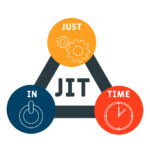



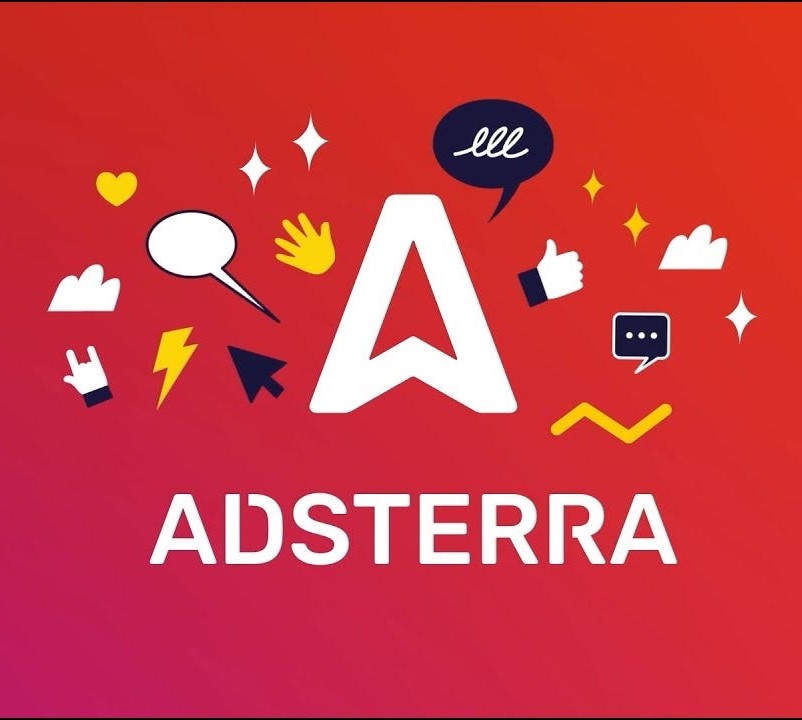


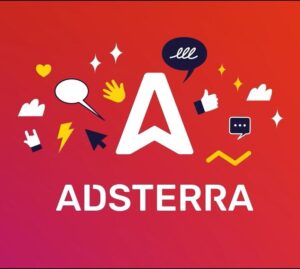






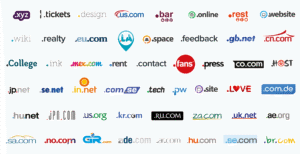
Post Comment